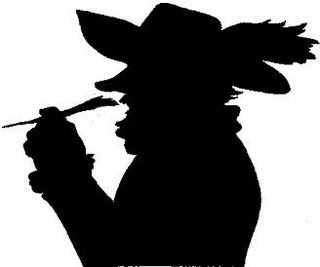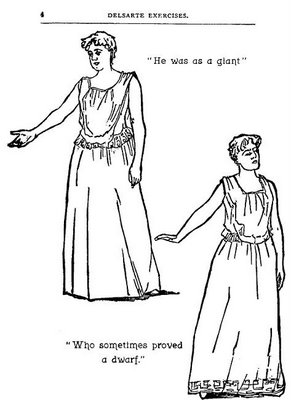We have an image of the 19th Century America as one of unrelieved physical labor, but was it? There were melodramas, classical music concerts and opera. Shakespeare played even in small towns in the American West. In 1847 the "Shakespeare Riots" occurred when fans of different Shakespeare companies clashed violently on the city streets and people were killed.
There were showboat shows, Vaudeville, and saloon concerts.
There were minstrel shows, Hippodrome spectacles, and human and animal fights.
Add to that medicine shows, recitals, church theatre, races, state, local and world fairs, circuses, magic shows, dances, and Vaudeville.
And did I mention burlesque, public lectures and readings, debates, political rallies, rousing band concerts, sports, penny dreadfuls and magazines, romance stories, and increasingly illustrated newspapers?
Let us not forget Fourth of July celebrations, Christmas pageants, puppet shows and temperance plays.
Oops! I forgot equestrian shows, harvest celebrations and revival meetings. Geez, it's a wonder that anyone ever found time to work!
My guess is that nearly everybody, even the relatively poor, attended shows at least once a week, probably more. It's almost as if the people who lived in the 1800s had television, just like we do. People then were saturated with media, only for them it was an edgy new thing that stimulated new desires.
One last thought: people wonder how a thug like Hitler managed to come to power in the most educated country in the world. The standard reasons offered are no doubt correct but I'll add a minor reason to the list: adventure media. For over a century the public was exposed to an unprecedented number of romantic plays and hero stories and they unwittingly did propaganda for the idea that any individual, if sufficiently bold, could live a life of adventure, excitement and pageantry. When millions of people were converted to this belief it was only a matter of time before somebody found a way to base a political system on it.
Interesting, eh?




















































